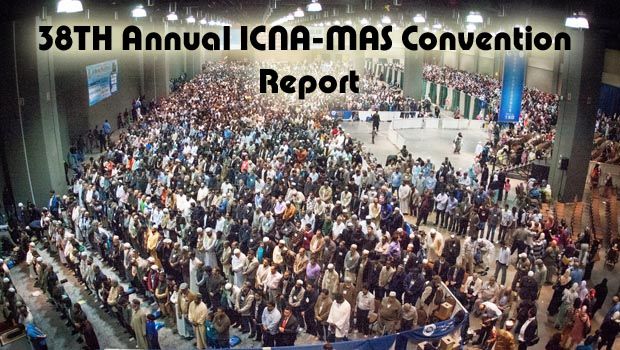It started the very last days of 2010 and continues till today, almost two years later. It began in Tunisia when the poor and frustrated street vendor Mohamed Bouazizi set himself on fire after being harassed by the police; and then protest spread like wildfire to the surrounding countries. The dictatorial governments of Egypt, Libya, Yemen, and Saudi Arabia, along with more than a dozen other Muslim countries, faced historic backlash from their citizens. “The people want to bring down the regime” was chanted throughout the nations as the people led massive protests against corrupt rulers and their profligate lifestyles.
The usually volatile Middle East is at present even more unsettled. There has been regime change in Tunisia, Egypt, Libya, and Yemen. The first two can be classified as success stories after their people underwent tremendous struggle to achieve their objectives, while the latter two are open questions since the media has been eerily quiet about them after the ouster of their presidents. Some movements have been quelled by governmental reforms and others have led to brutal crackdowns of protestors. The uprising in Syria has degenerated into a bloody civil war claiming more than 20,000 lives according to Syrian sources.
Allah says, “Let there be a community among you who call to the good, and enjoin the right, and forbid the wrong. They are the ones who have success (3:104).” This verse of the Qur’an succinctly outlines the duty of Muslims. And who better to call on to enjoin good and forbid evil than the head of state himself? Unfortunately, in today’s world it has become almost impossible for the average person to be given access to the ruler, whether president, governor, or mayor, to advise him in the most serious of matters — “Stop killing your own people, Allah will hold you accountable for this.” In light of such circumstances, it then becomes Muslims’ responsibility to get the message across using other peaceful methods.
In such a case, the Prophet’s (SAW) words come to mind: “Whoever of you sees something wrong should change it with his hand; if he cannot, then with his tongue; if he cannot, then with his heart, and that is the weakest form of faith (Muslim).” Sitting at home and murmuring criticism or screaming diatribes at the TV news will not inform the government of the people’s discontent. It is because many in the Muslim world had been silent in the face of government injustices for so long that they suffered increasing torment until they could no longer endure it. Demonstrations, massive sit-ins, and other forms of protest have become necessary to call out those wrongdoers in power who are indifferent to fulfilling huquq-ul-ibaad, the duties toward humankind.
However, a word of caution needs to be mentioned here. Protesting must not devolve into lawlessness. Looting, wanton violence, sexual assault, and other anarchic behavior moves the demonstration from the realm of permissible to that of prohibited.
Unfortunately, such haram acts have been documented in some of the protests in the Muslim world. It is disheartening when people pour into the streets in the name of justice and the common good and some among them steal from or harass others. If anything, the very government they are protesting against will exploit the lawless behavior as justification to crack down on the protestors.
SubhanAllah, the patient struggle of ordinary Muslims in the Middle East against their brutal leaders has inspired people around the globe, Muslims and non-Muslims, to unite and rally against harsh or unjust laws upheld by their own governments. The Occupy movements are a case in point where ordinary people have united in cities across the Western world and beyond to protest injustice, particularly the corruption of the banking sector which, with government complicity, has wreaked havoc with people’s lives and livelihoods. Insha’Allah, this struggle will not be in vain and an increase in the common good will be the result.
The Prophet (SAW) said, “The best jihad (struggle) is the speaking of truth in the presence of a tyrannical ruler (Abu Dawud and Tirmidhi).” This beautiful hadith is the motivation Muslims need to stop being compliant with unscrupulous governments; to rise up peacefully, speaking against injustice with strength, humility, and a conviction that Allah is watching and supports those who enjoin the good and forbid the evil.





